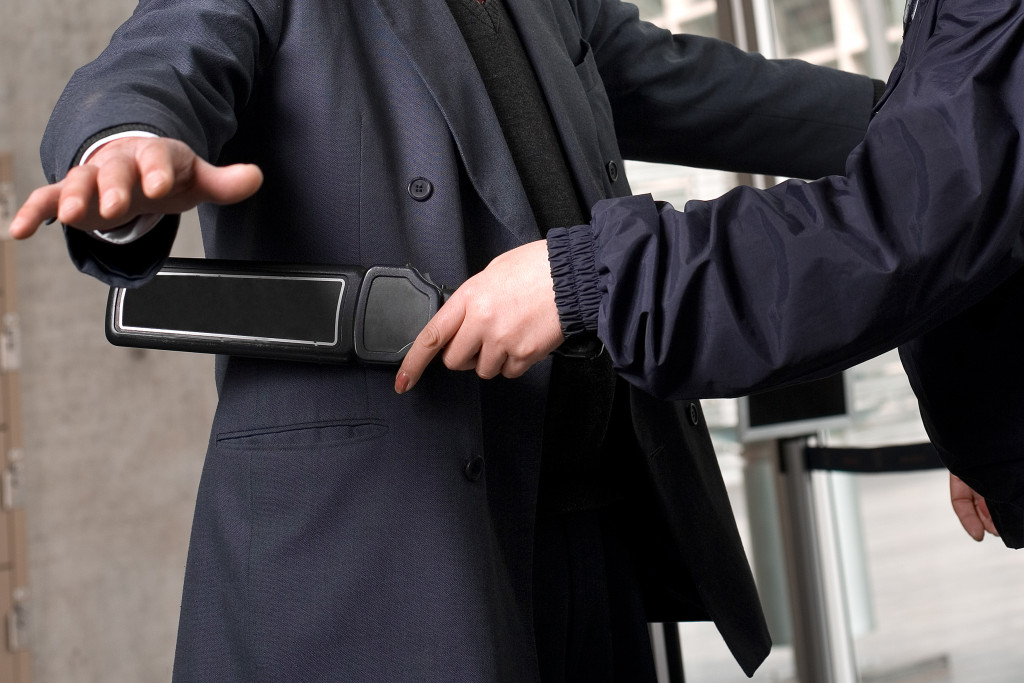Running a business will expose you to various situations, providing different challenges and events that might catch you off guard. However, there will always be one consistent presence among everything you do for your company. Expenses will be constant in every area and task, making it necessary for entrepreneurs to maintain financial management and discipline throughout the lifespan of the venture. If all goes well, it might mean as long as you live. Businesses should always find ways to reduce costs, a factor directly tied to growth and success. Unfortunately, it means having to make sacrifices in specific areas.
Part of the strategy might involve investing, leasing, or borrowing used equipment for your business operations. Fresh items off the market can be expensive enough for small businesses to secure, forcing them to seek cheaper alternatives that lead to the used equipment industry. The savings you can achieve through leasing, borrowing, or buying those versions can be significant for financial flexibility. However, every used equipment purchase requires caution, especially when trying to avoid these risks.
Losing Equipment at a Crucial Moment
Businesses rely heavily on equipment to ensure that their direct operations flow smoothly. They are integral parts of the process, particularly for manufacturing and warehousing purposes. The pieces of equipment you purchase will be vital foundations, which end up being the first risk of leasing agreements.
The pieces of used equipment you use for your business are not yours, but your business will center the operations around them. Fortunately, leasing agreements allow you to determine how long you have them. The contract date can help you develop plans for renewals or even anticipate if you need a new supplier. However, there is a chance that termination might catch you off guard. Once your supplier decides to pull out pieces of equipment, you might not have a backup plan prepared. Unfortunately, that means delays in business operations. The issue is not just in the seconds, as procuring equipment could take weeks or months. That situation means significant financial losses, making it one of the dangers of leasing or borrowing. You do not own those pieces of equipment, no matter how critical they are to the operations.
Paying Too Much Interest
Used equipment will have a significantly lower value than freshly bought items, making them more attractive options for business expenses. Companies know this, allowing them to profit from clients looking to save. However, they also know that equipment is valuable for operations. Used equipment suppliers will make you feel like you own the pieces you lease. However, they will lose their value over time. Years of wear-and-tear will significantly damage the equipment. While you might be the one using them, the contract price might go higher and higher each year.
While leasing used equipment might be the less costly alternative, it might become expensive over time. You might be better off utilizing new equipment than making do with worn-out machines that could self-destruct any moment, putting your finances and operations at risk.
Your suppliers might also pin you down for the damages their used equipment sustains, adding interest in your contract. It will be almost inevitable, especially when operations involve hostile environments or processes. Your finance team needs to identify if their next contract with a used equipment supplier will be a better business solution.
Uncertain Damages

Entering a business partnership with a used equipment supplier can be tricky. Companies need to know they are receiving trustworthy and effective services for their investments. Unfortunately, there might be plenty of things your supplier isn’t telling you about the used equipment they offer.
There might be underlying damages beyond what the supplier included in the contract. If you utilize the used equipment without knowing the extent of its wear and tear, you might end up destroying it. Unfortunately, that means paying the supplier a high amount. It will be necessary to have the tools you borrow or purchase double-checked through proper leased equipment inspections. While used equipment suppliers have trustworthy backgrounds and history, it wouldn’t hurt to be certain that your investments will be worth it long-term. Should the inspection uncover damages that weren’t privy to both the supplier and your business, you can renegotiate the prices within the leasing agreement.
Businesses should always note the disadvantages of utilizing used equipment for operations, even if the cost-saving benefits are significant and attractive. The process applies to every investment you pursue in your company, even as little as getting the company pens. Used equipment, when accomplished right, can save lots of money and provide you with the flexibility to attempt expansion projects.



